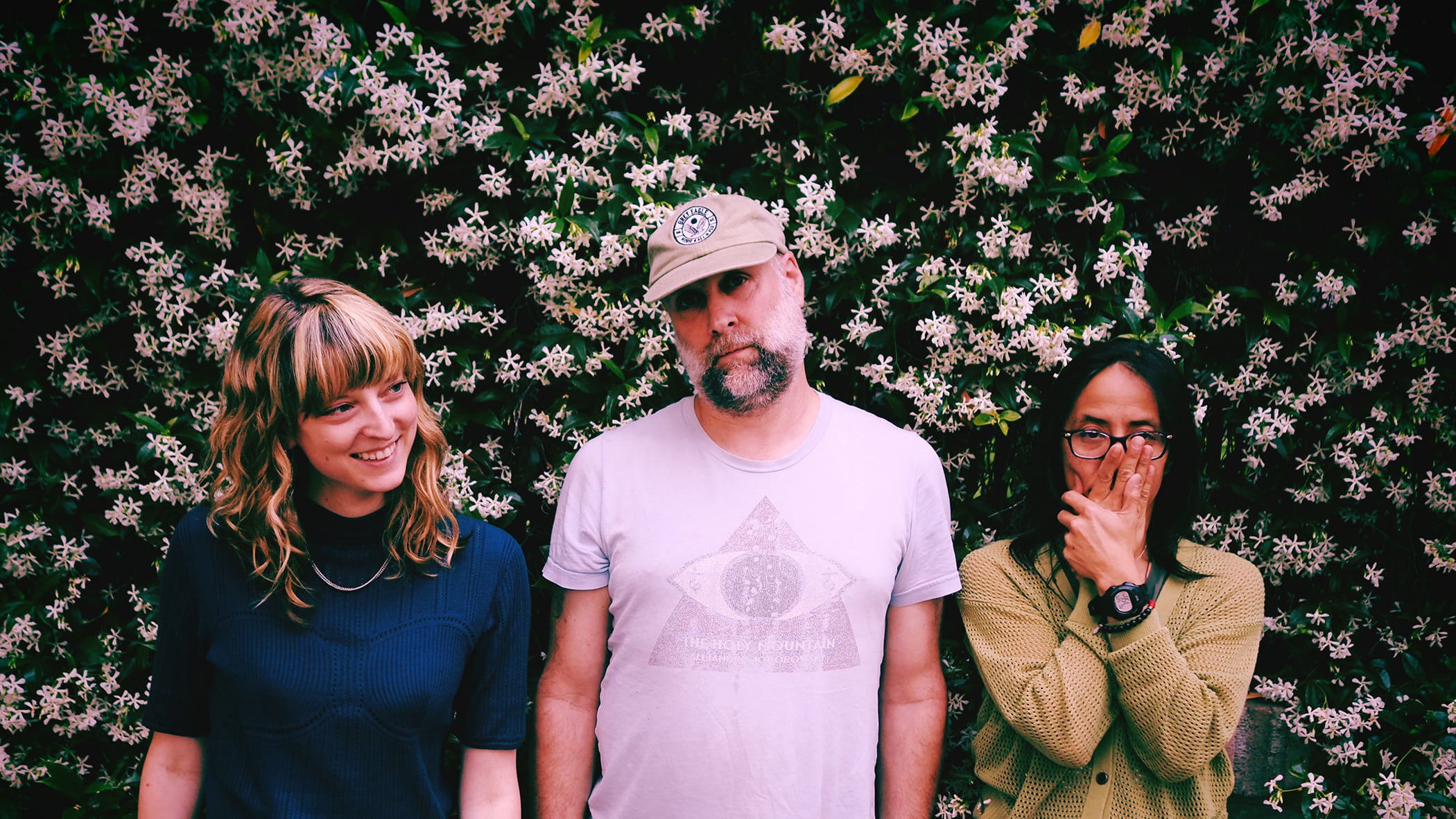If Built to Spill were a person, they would be old enough to rent a car and have a mortgage. Old enough not just to drink, but to have begun cutting back. The band formed in 1992 in Boise and within a few short years was crowned indie-rock royalty, becoming not just a buzzy local band known for putting on free outdoor shows at local parks, but a standout in the national music scene as well. At that time, “indie rock” referred pretty strictly to bands that put out records on independent labels, but over time the term’s meaning drifted a bit. It began to refer to bands with a particular sound and aesthetic that may or may not have signed to an indie label.
The truth is that Built to Spill is, for many intents and purposes, one person: 56-year-old Doug Martsch. Martsch always conceived the band as one whose lineup would rotate over time, and he’s stuck to that, remaining its sole constant member across nine album releases. The band Portlanders can see at Revolution Hall on Nov. 28 and 29—and may have seen at Project Pabst this summer—consists of Martsch, bassist Melanie Radford, and drummer Teresa Esguerra.
Built to Spill’s first four records were put out by Northwest indies C/Z and Up, but they signed to Warner Bros. in 1995 and stayed with the label for 22 years.
Built to Spill’s sound—distinguished by distorted guitars, driving rhythms and Martsch’s sometimes dreamy, sometimes melancholy lyrics—was part of what defined indie rock, regardless of who was pressing the records or putting them in stores.
Martsch has, for most of the band’s 33-year run, remained in Boise, recording music in a home studio and touring as often as possible. And in 2017, Built to Spill and Warner Bros. parted ways by what Martsch describes as a mutual parting after his contract ended. “Both of us really didn’t want to do it,” he tells WW. “I wasn’t into it, and they weren’t into it.”
Martsch began playing with Radford and Esguerra in 2018, but the band’s most recent album, When the Wind Forgets Your Name—released by legendary Seattle label Sub Pop in 2022—is a collaboration with Brazilian musicians. That idea hatched shortly before the pandemic made it impossible to travel and easily collaborate.
“We started working on it in December of 2018 or 2019, and with the Brazilians, they did all this tracking in Boise before they headed home,” Maertsch says, referring to drummer-percussionist Lê Almeida and bassist João Casaes. Boisean Josh Lewis also played piano on the album. “The plan was to make a record at home but have those guys involved, maybe go back and forth and maybe hit a studio at the end or something.”
Instead, Martsch says, the process largely consisted of sending files back and forth.
“I was more just sort of bummed that I was alone working on it, you know,” Martsch says, admitting he “didn’t savor the experience” of putting the record together. “We didn’t end up collaborating as closely as we wanted to, but we did collaborate.”
After parting ways with Warner Bros., Martsch put out feelers among friends in the music community before landing at Sub Pop. So, in many ways, it feels like Built to Spill is returning to their indie-rock roots. At the same time, Martsch says it’s not clear the distinction between major and indie is meaningful anymore, given the advent of streaming.
“That was the thing that the major labels had, was distribution connections and radio connections and things like that. And that’s all out the window,” Martsch says.
But he also didn’t want to do the work of promoting and distributing the record himself, and was excited to work with Sub Pop, which he describes as “the best indie label out there.”
Martsch’s contract with Sub Pop includes the opportunity to release one more record, though he isn’t sure when that’s going to happen.
“There’s another record in our deal, and the only problem is, I don’t have any songs. I haven’t really written any songs in a long time, but if I do, that will be OK,” Martsch says.
And while the band may be in their fourth decade, they’re still evolving, and Martsch maintains a light, youthful enthusiasm when talking about the current tour. He’s effusive about Built to Spill’s current lineup—saying Radford “blew me away” when he first saw her play and that Esguerra was a later discovery but someone he loved playing with—and about the opening acts, Portland’s Larry Yes and Boise’s Papas, noting this is a farewell tour for the latter.
Since the band isn’t touring in support of a new record, set lists for the current tour are “all over the place,” including a mix of Built to Spill’s more recent as well as better-known songs from the ’90s.
“We’re always like that. Even if we just put out a record, we don’t lean into the record ever,” Martsch says. “We always just play a set from our full catalog.”
SEE IT: Built to Spill with Larry Yes and Papas at Revolution Hall, 1300 SE Stark St., 971-808-5094, revolutionhall.com. 8 pm Friday and Saturday, Nov. 28 and 29. $35.

